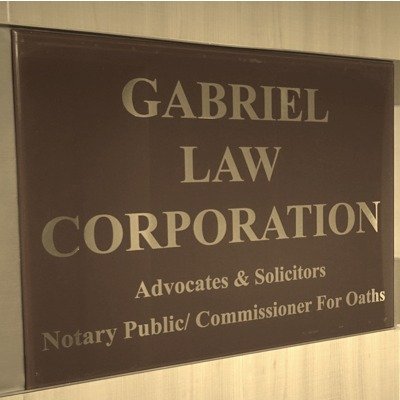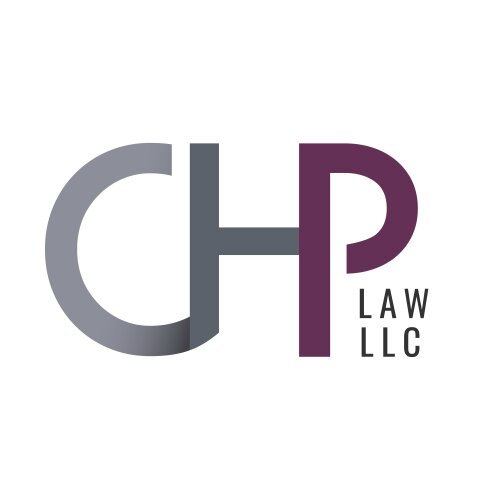Best Art & Cultural Property Law Lawyers in Raffles Place
Share your needs with us, get contacted by law firms.
Free. Takes 2 min.
List of the best lawyers in Raffles Place, Singapore
About Art & Cultural Property Law in Raffles Place, Singapore
Art & Cultural Property Law is a specialized area of legal practice that deals with the creation, protection, and transaction of art and cultural properties. In Raffles Place, Singapore-an epicenter of commerce and culture-this field is particularly relevant due to its rich cultural heritage and the prevalence of art transactions and cultural exchanges. The law encompasses intellectual property rights, provenance disputes, trade regulations, and the repatriation of cultural artifacts.
Why You May Need a Lawyer
Individuals and organizations may seek legal advice in Art & Cultural Property Law for various reasons. Common scenarios include:
- Acquisition or sale of art pieces where authenticity and provenance are in question.
- Resolving copyright disputes involving art reproduction or unauthorized use of culturally significant works.
- Negotiating cultural exchange agreements or loans of cultural artifacts between institutions.
- Advising on the repatriation of cultural property to its country of origin.
- Ensuring compliance with international trade laws surrounding the import and export of cultural goods.
Local Laws Overview
Singapore's legal framework concerning Art & Cultural Property is mainly governed by the following:
- Copyright Act: Protects the rights of creators in artistic works, providing guidelines on usage and infringement.
- National Heritage Board Act: Governs the preservation of Singapore's heritage, including its art and cultural artifacts.
- Customs Act and Export Control Regulations: Regulate the import and export of culturally significant goods, ensuring compliance with international standards.
- Sale of Goods Act: Provides a framework for contracts and transactions, ensuring equitable trade of art and cultural items.
Frequently Asked Questions
What is considered a cultural property under Singapore law?
Cultural property includes items of national significance, such as art pieces, archaeological artifacts, heritage monuments, and objects of ethnographic value.
How can I verify the authenticity of a piece of art I intend to buy?
Engage experts for appraisal, request provenance documents, and use due diligence by consulting established art dealers or legal firms specializing in art law.
Am I allowed to export cultural artifacts from Singapore?
Exporting cultural artifacts requires compliance with the Customs Act and may need a permit from the National Heritage Board, especially for significant cultural items.
How can copyright issues affect my art business in Singapore?
Copyright issues can arise from unauthorized reproduction or distribution of art. Legal consultation can help navigate these complexities to protect your intellectual property.
What are the repercussions of dealing in stolen art?
Engaging in transactions involving stolen art can lead to severe legal consequences, including criminal charges and forfeiture of the artwork.
How is intellectual property in art protected in Singapore?
Artistic works are protected under the Copyright Act, which includes exclusive rights to reproduce, exhibit, and distribute the work.
Are there special legal considerations for digital art?
Yes, digital art involves unique copyright and licensing issues; legal advice is crucial for understanding digital rights management systems and NFTs.
What should I do if I suspect my art is counterfeit?
Consult an art lawyer for guidance on verifying authenticity and potential legal action for fraud or misrepresentation.
Are there obligations for art auction houses in Singapore?
Yes, auction houses must comply with due diligence in verifying provenance and authenticity, and adhere to trade and consumer protection laws.
How are disputes in cultural property law resolved?
Disputes can be settled through mediation, arbitration, or litigation, depending on the nature of the conflict and the parties involved.
Additional Resources
For more assistance, consider reaching out to:
- National Heritage Board: Provides guidelines and resources on Singapore's cultural preservation and management policies.
- Intellectual Property Office of Singapore (IPOS): Offers resources on intellectual property rights and protection.
- Law Society of Singapore: Connects individuals with professional lawyers specializing in art and cultural property law.
Next Steps
If you require legal assistance in Art & Cultural Property Law, consider taking the following steps:
- Identify Your Needs: Understand the specific legal issue or transaction you need assistance with.
- Consult a Specialized Lawyer: Reach out to a lawyer or law firm experienced in art and cultural property law for advice and representation.
- Gather Documentation: Collect any relevant documents or evidence related to your case to facilitate a thorough legal evaluation.
Engaging with a lawyer well-versed in this niche field will help navigate the complexities of art and cultural property law effectively.
Lawzana helps you find the best lawyers and law firms in Raffles Place through a curated and pre-screened list of qualified legal professionals. Our platform offers rankings and detailed profiles of attorneys and law firms, allowing you to compare based on practice areas, including Art & Cultural Property Law, experience, and client feedback.
Each profile includes a description of the firm's areas of practice, client reviews, team members and partners, year of establishment, spoken languages, office locations, contact information, social media presence, and any published articles or resources. Most firms on our platform speak English and are experienced in both local and international legal matters.
Get a quote from top-rated law firms in Raffles Place, Singapore — quickly, securely, and without unnecessary hassle.
Disclaimer:
The information provided on this page is for general informational purposes only and does not constitute legal advice. While we strive to ensure the accuracy and relevance of the content, legal information may change over time, and interpretations of the law can vary. You should always consult with a qualified legal professional for advice specific to your situation.
We disclaim all liability for actions taken or not taken based on the content of this page. If you believe any information is incorrect or outdated, please contact us, and we will review and update it where appropriate.









